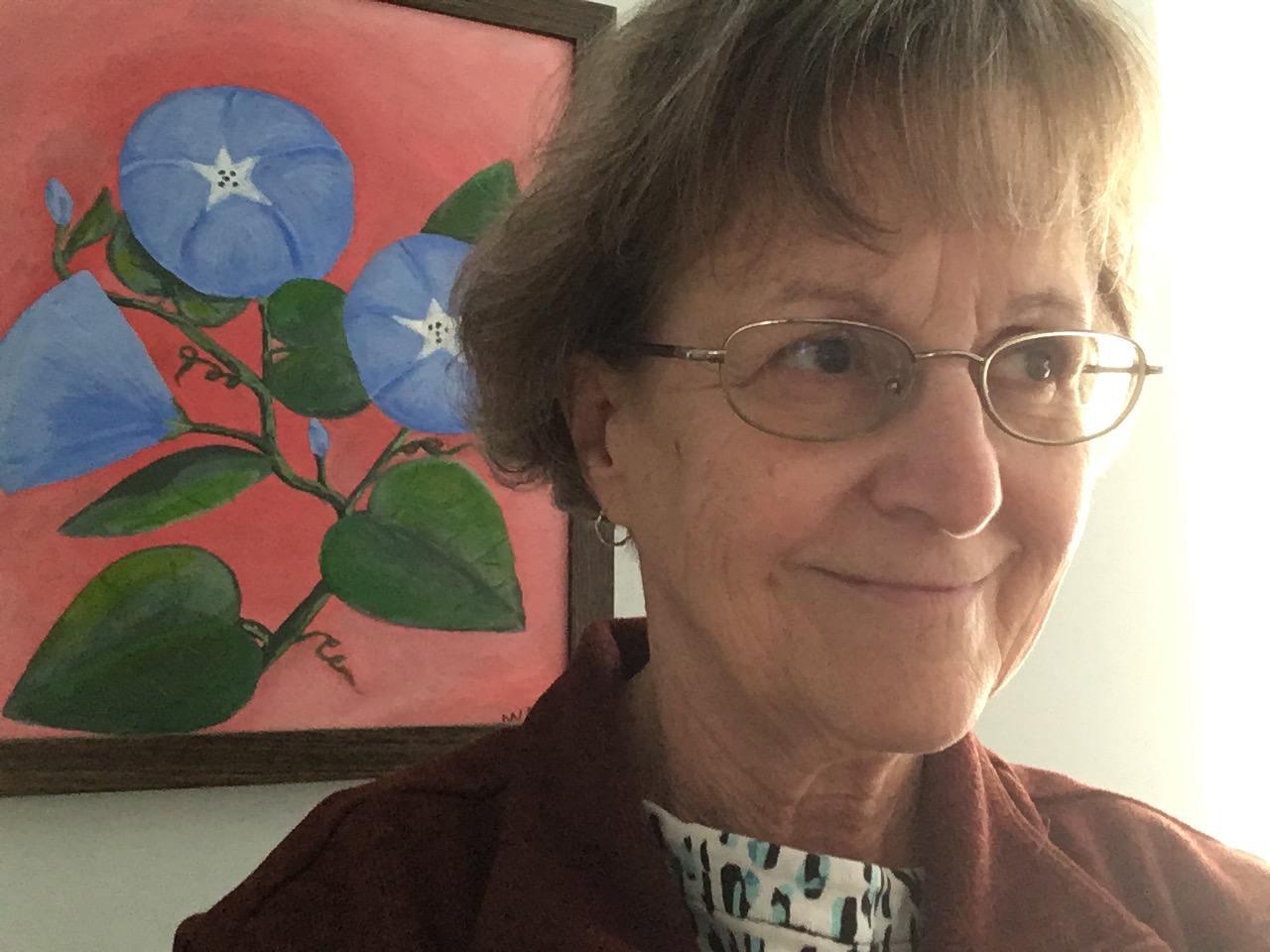
Jan Allen
Yesterday, I got my first COVID vaccine from the ideal nurse.
Was this nurse sweet and gentle? Far from it. She was fierce.
When I pulled up to her station in a hospital parking lot, the nurse greeted me politely and asked me to open my car door. I made eye contact with her, but I avoided making small talk. I have learned the hard way that you do not ask a nurse about her day or about her weekend before a procedure. Such simple questions can result in answers like…”This weekend, my little boy was hit by a car while he was out on his bike.” And can result in getting poked in the wrong place, getting poked several times, or being diagnosed with a fictional case of bad veins.
Consider this observation a public service announcement for those of you who don’t get poked all that often. Now, back to our story.
This nurse and I were off to a good start. We made eye contact. As requested, I opened my car door. And then suddenly, our calm was shattered. The nurses’s brown eyes ignited and she was rising from her stool, shouting at some hapless co-worker in blue scrubs, who was approaching with armload of medical paraphernalia. “Don’t even THINK about passing those big needles off on me,” she yelled. “Nope! I won’t have them.”
I have never seen a mask inflate and deflate as hard as hers did as she hollered at this co-worker. The nurse then turned to me, and said very sweetly, “You are getting a tiny needle. You have a tiny arm.”
When she gave me my shot, I did not feel it.
That’s my kind of nurse.
In celebration of nurses, I’d like to share this short story by a member of my writing workshop, Jan Allen, a former nurse and a born writer who is as talented as she is unpretentious.
If you liked that story, you’ll like this one, too! I feel so lucky I get to read Jan’s work every week.
http://www.sixfold.org/FicWinter19/Allen.html
Another long time workshopper, Andrea Rotterman, has spent years crafting an incredibly moving memoir, Becoming an Only Child. Our workshop is now going over the final draft one last time. Here is link of a short piece she wrote to get a taste of her lyrical prose style:
https://www.riverteethjournal.com/blog/2015/11/02/something-sweet
And a link to her layered editorial:
The most prolific writer in our workshop is the boundlessly imaginative Maria McKenzie; she’s currently circulating a screenplay while editing yet another novel. These are the books she’s published while in our workshop:
Unchained (3 book series) Kindle Edition (amazon.com)
Deseré: A Love Story of the American South: McKenzie, Maria: 9781979663786: Amazon.com: Books
You can find catch up with Maria at mariamckenziewrites.com or readandwriteromance.blogspot.com.
As for me: I’m sorry you haven’t been seeing many blog posts!
I have been busy writing in my second language, 19th Century English. I am creating a version of Pride and Prejudice that examines the relationship between Lydia Bennet, the most maligned Bennet sister, and Chamberlayne, the only cross-dresser in the book. I am so grateful to the writers in my group for giving me the courage to take on this audacious project. One fine day I hope to use this blog to urge you to buy my book at your local independently owned bookstore.